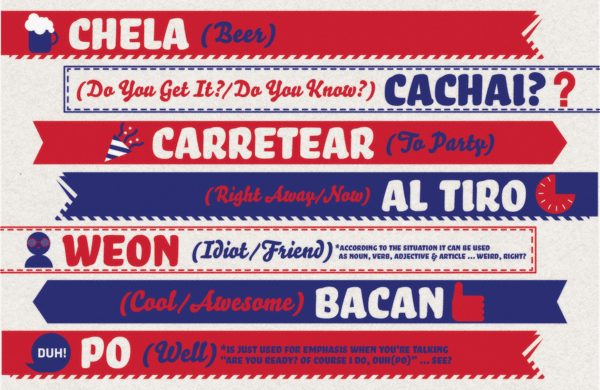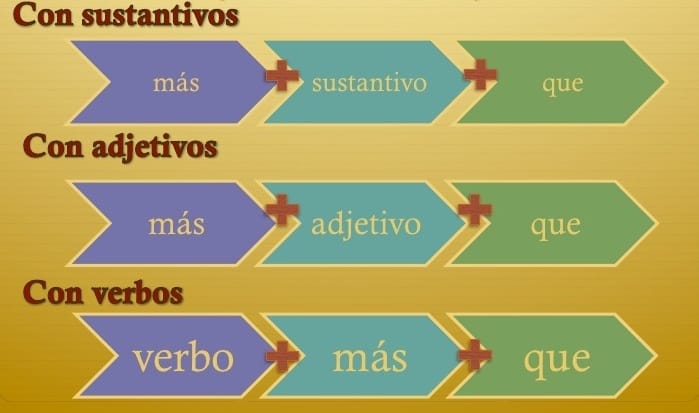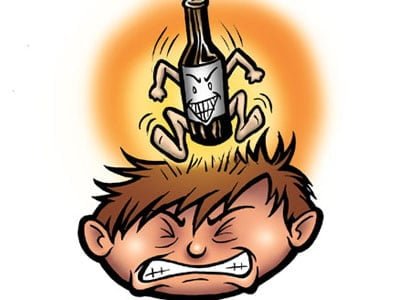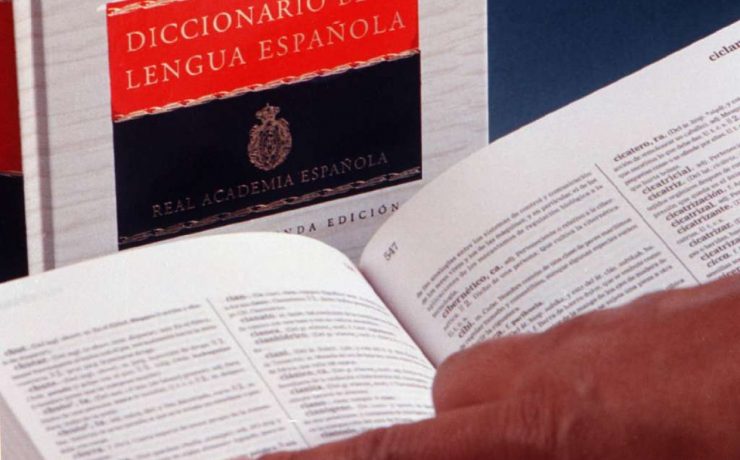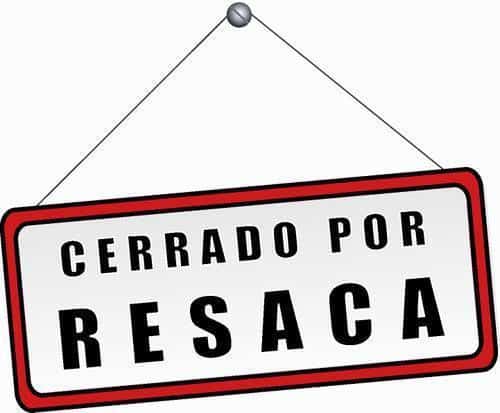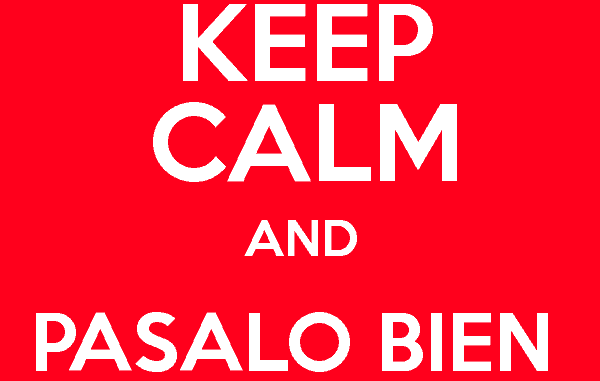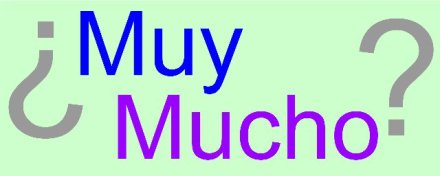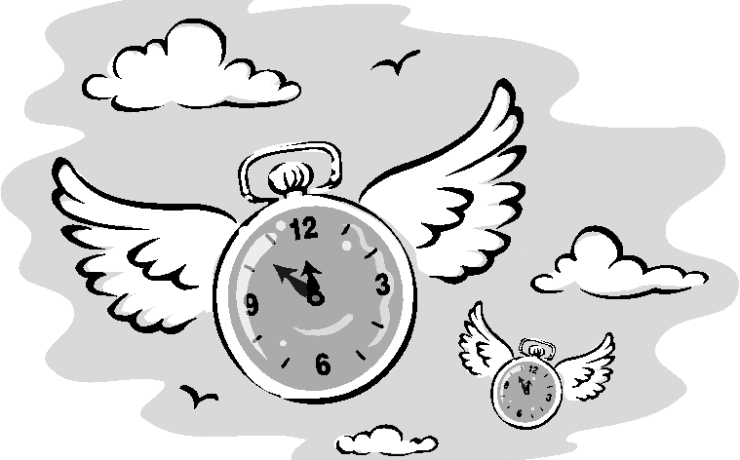
Tres traducciones de “time”
(1) TIME AS TIEMPO When we talk about a certain period in between events or the passing of minutes, days, weeks, etc, we translate “time” as “tiempo”: Se nos acabó el tiempo y no pudimos terminar el exámen. We ran out of time and we couldn’t finish the exam. El tiempo


